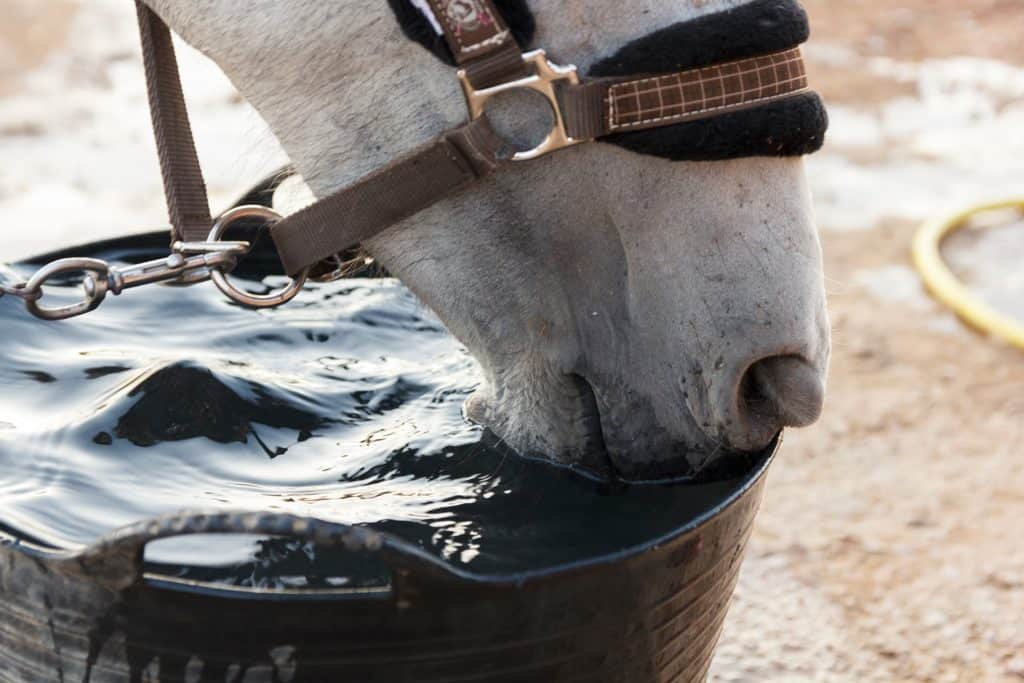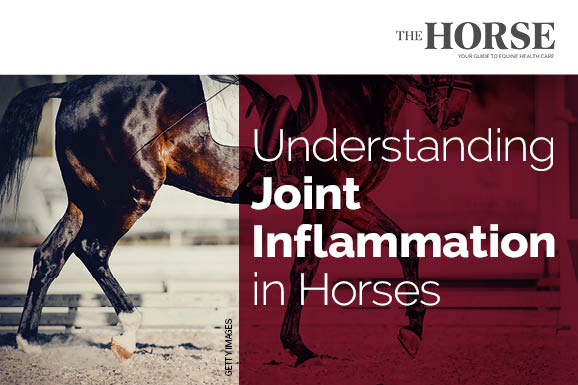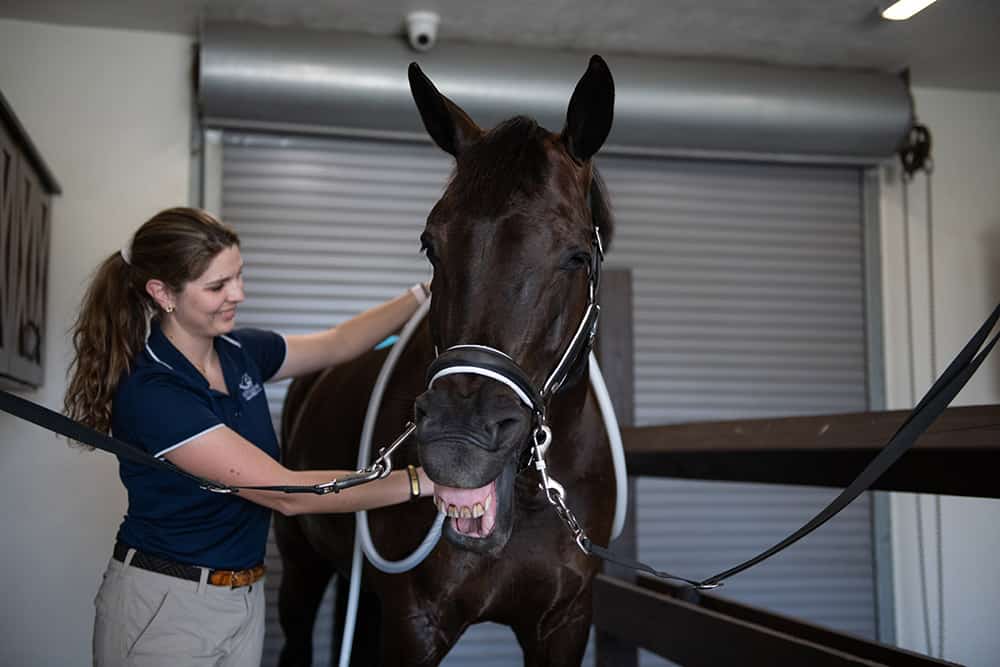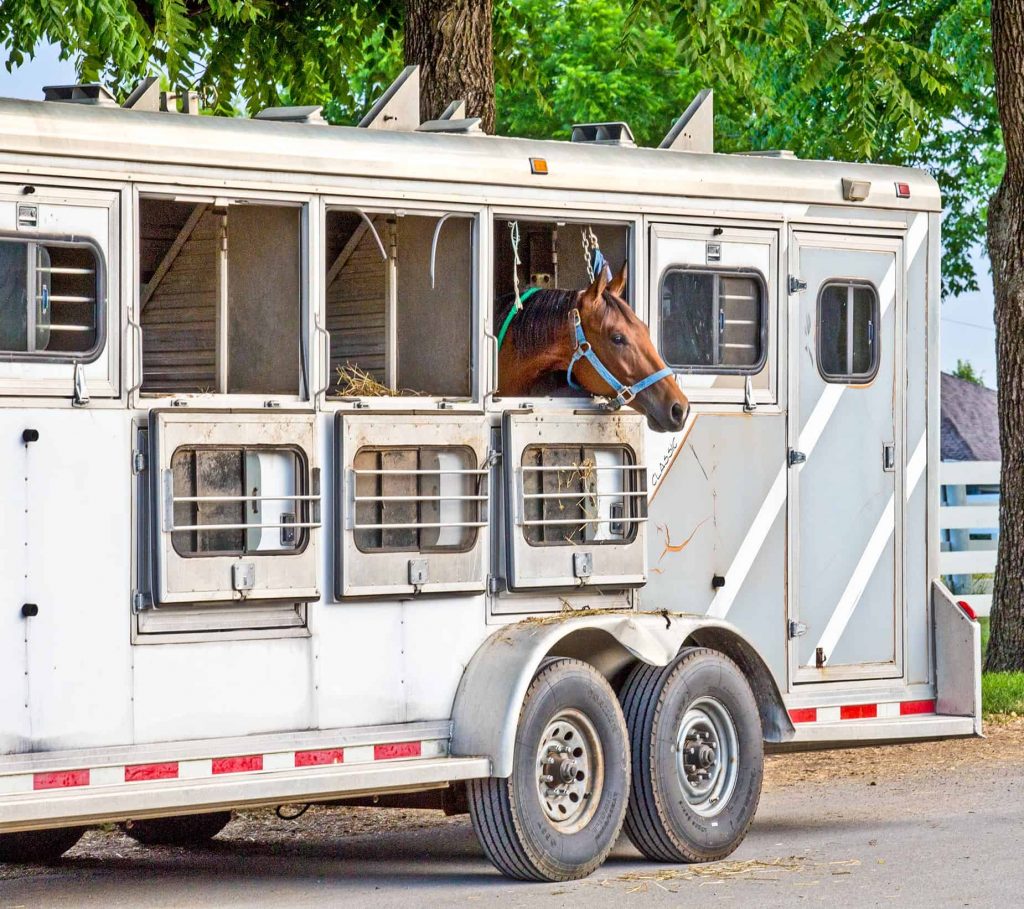
Avoiding Dehydration in Sport Horses During Summer
Keeping competition horses well hydrated isn’t always easy. One nutritionist offers tips to help prevent dehydration.
All aspects of caring for performance horses

Keeping competition horses well hydrated isn’t always easy. One nutritionist offers tips to help prevent dehydration.

Here’s how to implement feed and exercise changes for horses that are overweight or obese.

Based on a recent horse owner survey, researchers report the most common mistakes made when creating equine diets. Oversupplying calories tops the list.

Read about the science behind equine PAAG products.

Use this visual guide to understand how equine arthritis develops and how horses’ joints can degrade over time.

These therapies can be beneficial in treating pathologies of the cartilage and synovium in horse joints.

Tying-up is a painful muscle condition in horses. An equine nutritionist offers advice on how to balance your horse’s diet to decrease the likelihood of an episode.

No horse is perfect, and many with conformational flaws go on to compete successfully. What can you live with and how?

New research suggests low PEMF treatment settings might not have many physical effects on performance horses.

New research shows that electrolyte supplementation might not be necessary for horses in light to moderate work.

Multifidus muscle pain and atrophy in horses can cause many problems, including back pain, poor core strength, and limb lameness.

How can you best support your competitive show horse? Start with what fuels the fire. Sponsored by Vitalize.

Veterinarians across the U.S. share their most successful diagnostic methods and treatments for back pain in horses.

Horses’ gut microbiomes changed less during stressful situations when the supplement was on board.

An equine veterinarian’s rehabilitation plan depends on whether the horse received surgical or nonsurgical treatment.

Neck pain and pathologies are common in sport horses. It is important to combine results from clinical findings with imaging when making a diagnosis.
Stay on top of the most recent Horse Health news with
"*" indicates required fields